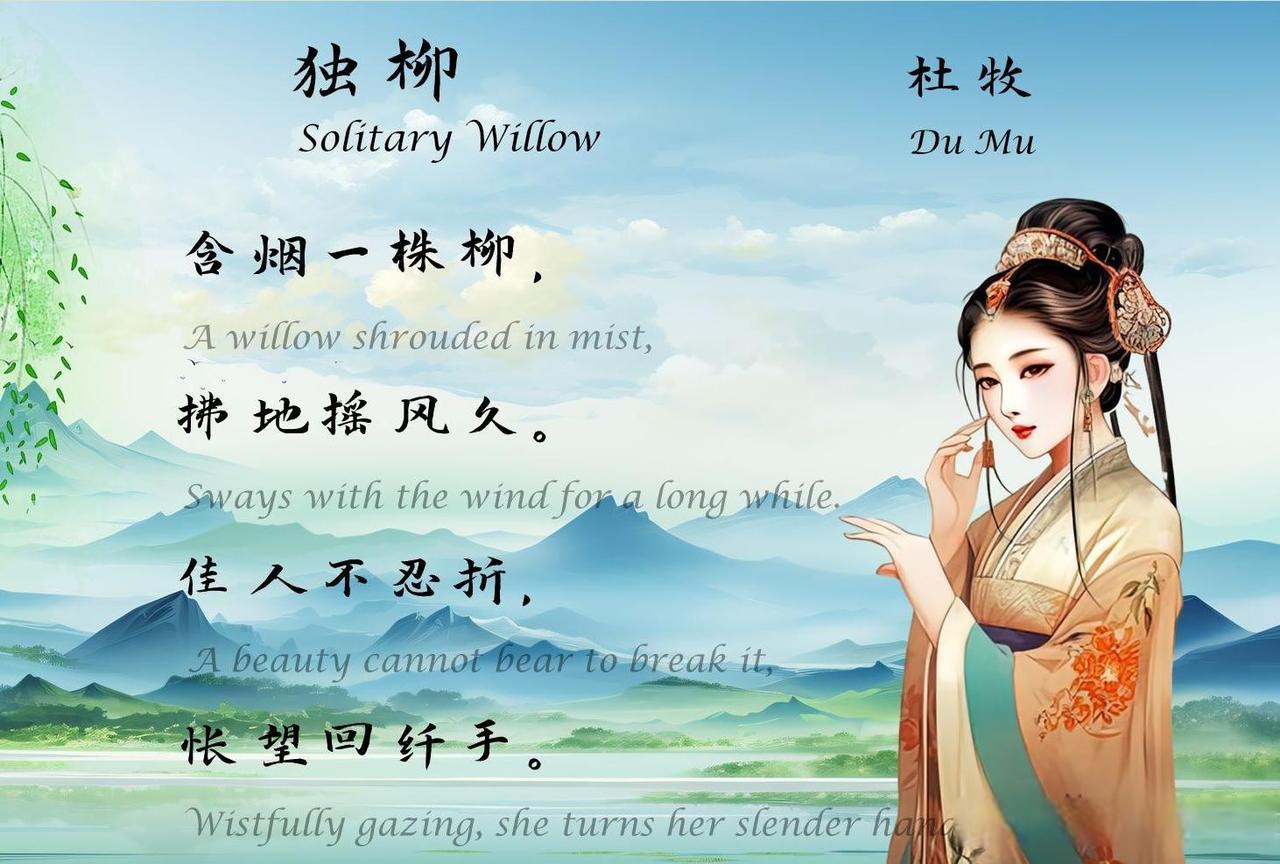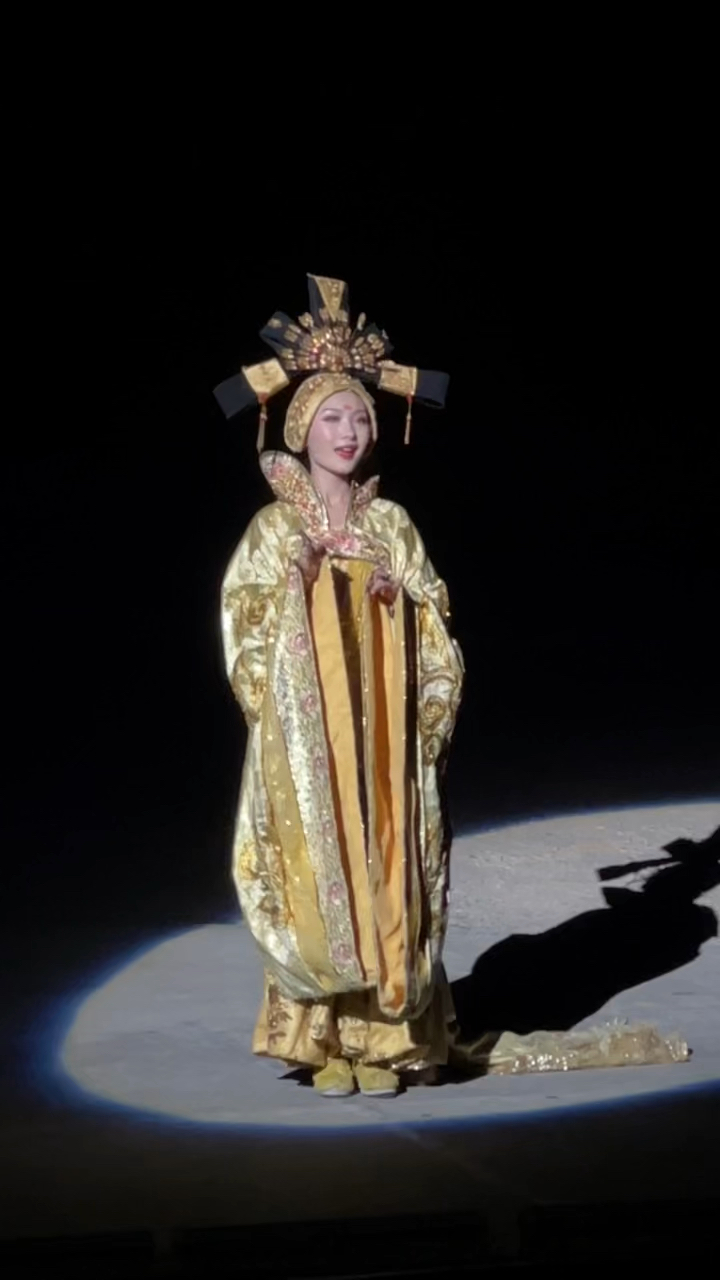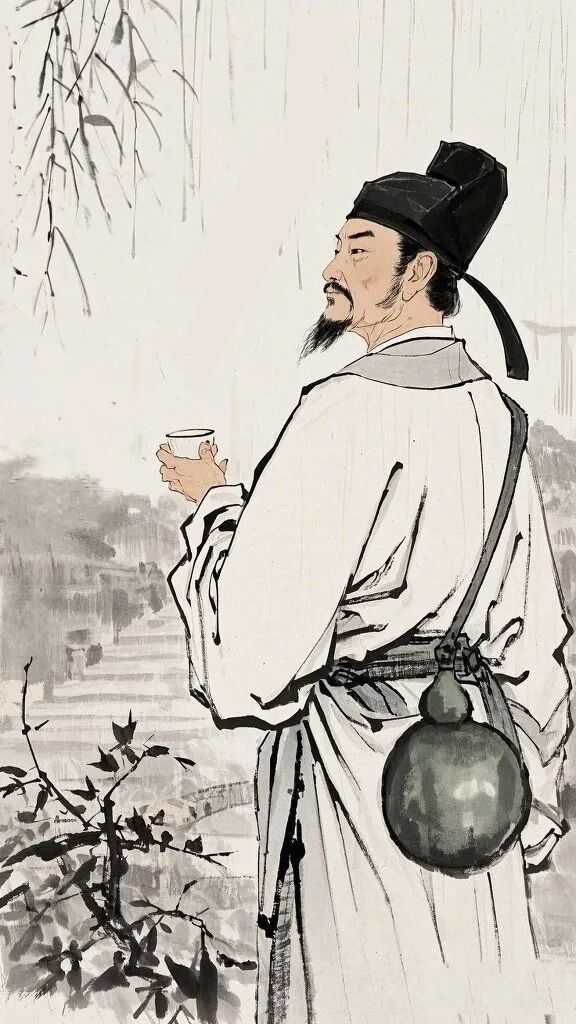Today, the History Encyclopedia editor brings you the story of Xiao Hong. Interested readers can follow the editor to take a look together.
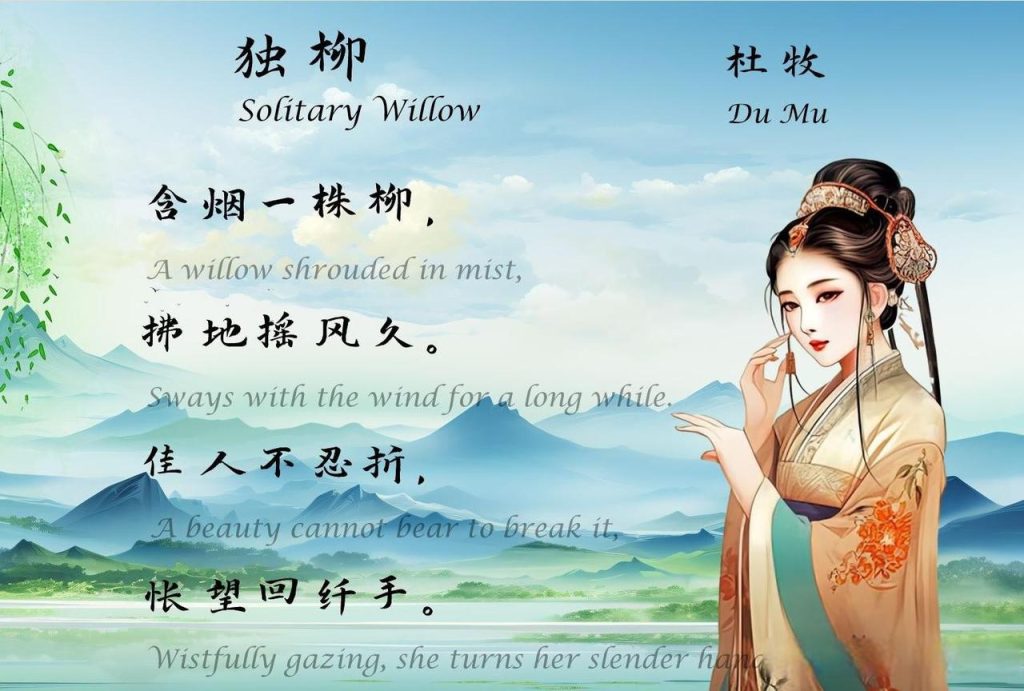
Xiao Hong, with the courtesy name Xuanda, was originally from Zhongdu Li in Nanlanling (now Changzhou, Jiangsu). He was born in the first year of the Yuanhui era of the Southern Song Dynasty (473 AD) and was the sixth son of General Xiao Shun, who led the army in the Southern Qi Dynasty. He was also the half brother of Emperor Wu of the Southern Liang Dynasty, Xiao Yan.
He held various official positions such as attendant, captain, central guard, and governor of Yangzhou, and was conferred the title of Prince of Linchuan.
The Book of Liang records that Xiao Hong was “eight feet long, with beautiful beard and eyebrows, and a considerable tolerance
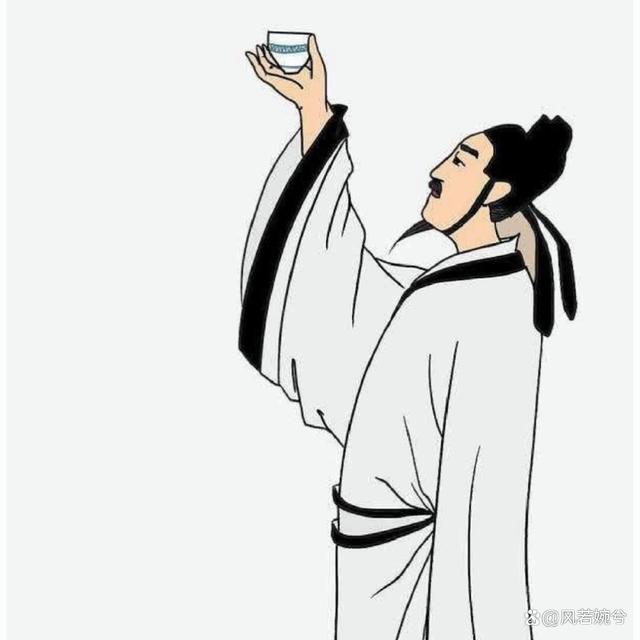
Tall and robust in stature, handsome and suave, in today’s terms, he is considered a male god in the eyes of women.
Although Xiao Hong was incompetent and incompetent, he was a master at accumulating wealth. He regarded wealth as his life and had nearly a hundred warehouses for storing coins in his mansion. The doors were locked all day long, and warriors were sent to guard him day and night. Someone discovered Xiao Hong’s mysterious hiding, thinking it was a hidden weapon, and reported it to Emperor Wu of Liang.
Emperor Wu of Liang was shocked and personally went to inspect, only to find that more than thirty warehouses were filled with 300 million coins, while the other warehouses were mostly made of silk fabrics such as cloth, honey, cinnabar, yellow shavings, and rare treasures.
Emperor Wu of Liang finally dispelled his doubts and constantly praised Liu Di for being good at financial management.
Emperor Wu of Liang’s second son, Yuzhang Wang Xiao Zong, wrote an article titled “Qian Yu Lun” mocking his sixth uncle Xiao Hong. Emperor Wu of Liang discovered that Xiao Hong was greedy for money and firmly believed that this half brother had no ambition and would not pose a threat to himself. Therefore, he pardoned Xiao Hong.
Not long after, he was appointed as a Grand Commandant and Cavalry General, and served as the Governor of Yangzhou for more than 20 years.
Xiao Hong lived an extravagant life, indulging in sensual pleasures day and night. The size of the royal palace was comparable to that of the imperial palace, with thousands of maids. His beloved concubine, Jiang Wuwei, wore clothing and jewelry that were no less impressive than the beloved concubine of Xiao Baojuan, the Marquis of Donghun in Southern Qi.
According to official records, the Book of Liang portrays Xiao Hong as a gentle and honest elder, while the Southern History synthesizes various historical materials to reveal Xiao Hong’s despicable greed, cowardice, and incompetence.
Xiao Hong has a dignified appearance, but he is an embroidered pillow with a bag of grass and a silver wax gun head, which looks mediocre but not useful.
The Southern History records: “Hong was ordered to invade Wei, and his army was stationed in Luoyang. His former army captured the city of Liang. When Hong heard that Wei was approaching, he was afraid and cowardly, and dared not enter. Wei people knew that he was not strong, so they left behind women
In the fourth year of Tianjian (505 AD), Xiao Hong was appointed as the commander-in-chief of the military forces in eight provinces including Yan and Xu. His Liang army, led by him, had brand new weapons and a “magnificent military appearance”, and was ordered to launch a northern expedition against the state of Wei.
The vanguard of the Liang army had already captured Liang City (east of Fangcheng, Henan). Xiao Hong heard that the reinforcement army of the Wei army was approaching and was afraid to advance. The Wei army knew that Xiao Hong was vulnerable, so they sent a headwear worn by a woman to mock him.
Liang’s army was stationed in Luokou (today’s Huaiyuan, Anhui Province), but did not dare to move forward. The night was stormy, and Xiao Hongda was shocked. He thought the Wei army was sneaking in, but he gave up the army and ran away, so that 100000 troops scattered in an instant.
The soldiers of the Wei army spread a song: “I am not afraid of Xiao Niang and Lv Lao, but I am afraid of Wei Hu in Hefei
The term “Xiao Niang” in the song refers to Xiao Hong, who is cowardly like a woman, “Lv Lao” refers to Lv Sengzhen, who advocates retreat like a woman, and “Wei Hu” refers to Wei Rui, who advocates attack.
As the commander-in-chief, Xiao Hong fled in the face of the battle, causing the Liang army to lose their fighting spirit. They were beaten by the Wei army to the point of losing their helmets and armor, searching for teeth all over the ground, and suffered more than 50000 casualties.
However, Wei Rui, who was preparing to rush for reinforcements, had limited troops and had to choose to retreat. The Liang army ended the war with a disastrous defeat.
In later generations, “Xiao Niang” was used to refer to women, while the corresponding “Xiao Lang” was used to metaphorically describe men who are deeply in love with women.
The Tang Dynasty poet Yang Juyuan wrote a line of poetry: “A talented scholar with many spring thoughts breaks Xiao Niang’s heart with a piece of paper
In April of the seventh year of the Common Era (526 AD), Xiao Hong passed away during his tenure at the age of 54. Emperor Wu of Liang ordered a lavish burial and posthumously awarded him the title of Grand General.
